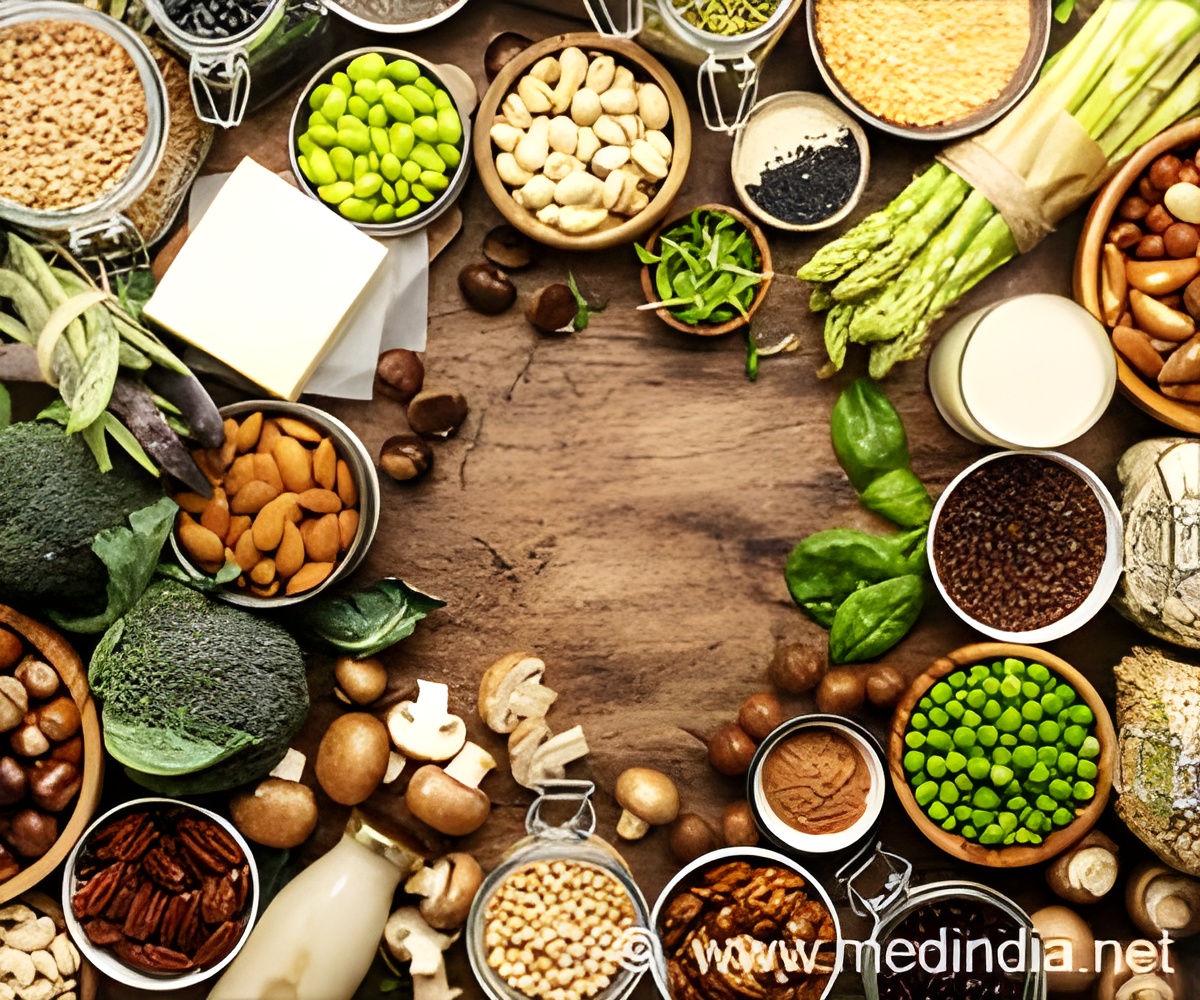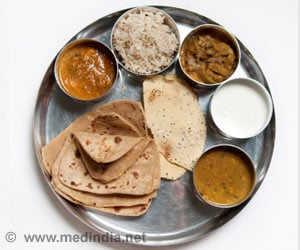Plant-based dairy alternatives are the fast-growing segment in the Indian newer food product development category for lactose intolerance and dairy-related allergies.

‘Eco-conscious Indian consumers prefer non-dairy milk products, such as almond milk, cashew milk, and coconut milk for lactose intolerance.#lactose intolerance #dairy alternatives #plant-based food’





Indian cuisine does not complete without dairy milk and derivatives, plant-based dairy substitutes are gradually penetrating the Indian food market with intruding international health and wellness and ethical consumerism trends (1✔ ✔Trusted SourcePlant-Based Dairy Alternatives: Consumers’ Perceptions, Motivations, and Barrier-Results from a Qualitative Study in Poland, Germany, and France
Go to source).
Indian Plant-Based Dairy Alternatives: An Emerging Segment in Sustainability
Lactose intolerance and dairy allergies are the main reasons for consumers to switch to plant-based dairy alternatives throughout the world. Over the years, several studies have revealed that 60%–90% of Indians suffer from lactose intolerance or dairy allergies, with the concentration being higher for some ethnic groups and communities and lower for others.With increasing awareness about the lactose-intolerance, the demand for plant-based dairy alternatives is on the rise, albeit from a low base.
Moreover, during the COVID-19 pandemic, the fear of transmission of viruses, bacteria, and other germs through animal-derived products has been spread among people. This boosted the appeal of vegetarian, vegan, and flexitarian diets.
Also, many Indian parents are worried about feeding dairy milk to their children amid media reports about milk adulteration and the overuse of antibiotics and growth hormones in cattle farms. Furthermore, consumers prefer non-dairy milk products, such as almond milk, cashew milk, and coconut milk, due to their low carbon footprint and cruelty-free things.
The GlobalData’s 2023 survey also showed that “plant-based” was an essential factor when making purchasing decisions among 36% of Indian respondents. However, the higher price of dairy alternatives is warding off low-and-middle-income consumers (2✔ ✔Trusted Source
How well do plant based alternatives fare nutritionally compared to cow’s milk?
Go to source).
Advertisement
Manufacturers can also launch public awareness campaigns and encourage consumers to get themselves tested for lactose intolerance and milk allergies. Given the high prevalence of these conditions among Indians, this can be a game changer for the plant-based dairy alternatives market.
Advertisement
- Plant-Based Dairy Alternatives: Consumers’ Perceptions, Motivations, and Barriers-Results from a Qualitative Study in Poland, Germany, and France - (https://www.mdpi.com/2072-6643/14/10/2171)
- How well do plant based alternatives fare nutritionally compared to cow’s milk? - (https://link.springer.com/article/10.1007/s13197-017-2915-y)
Source-Medindia















